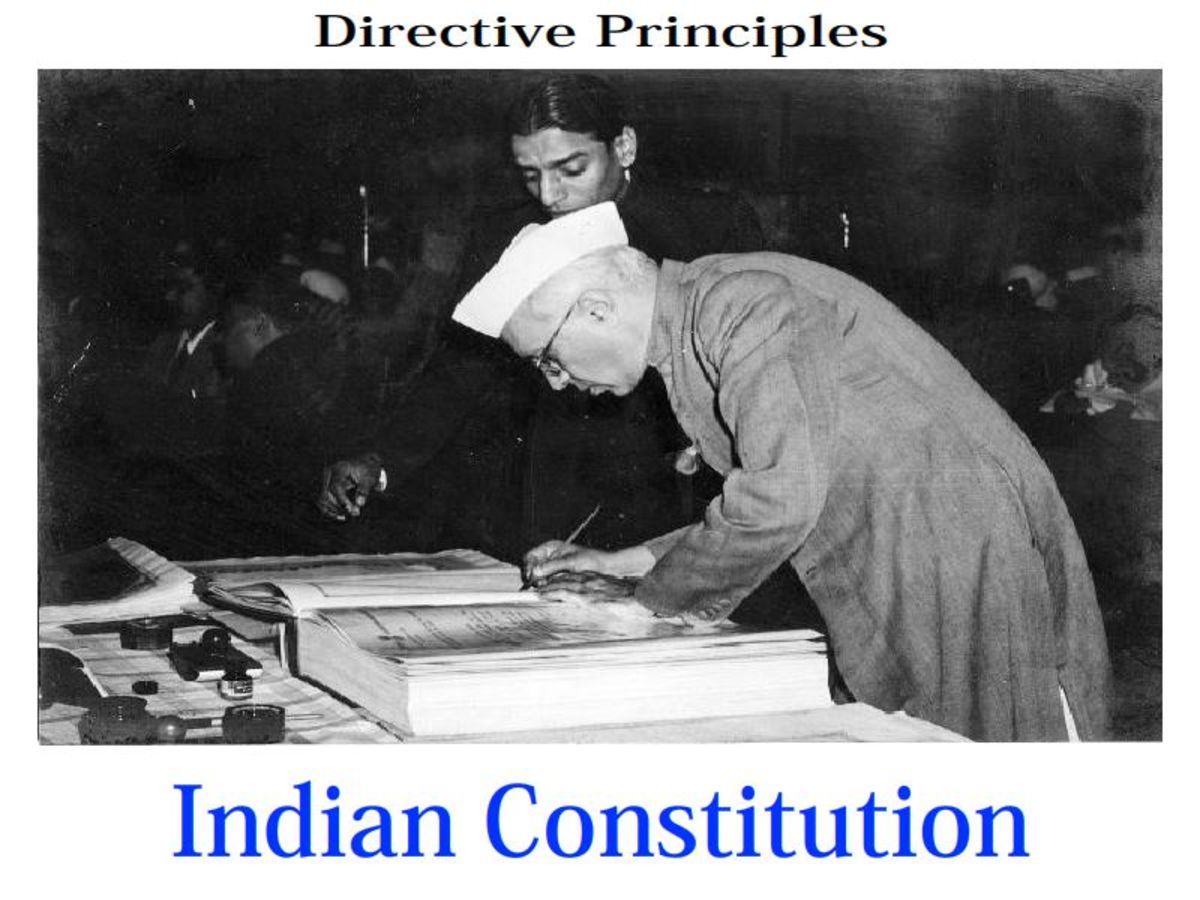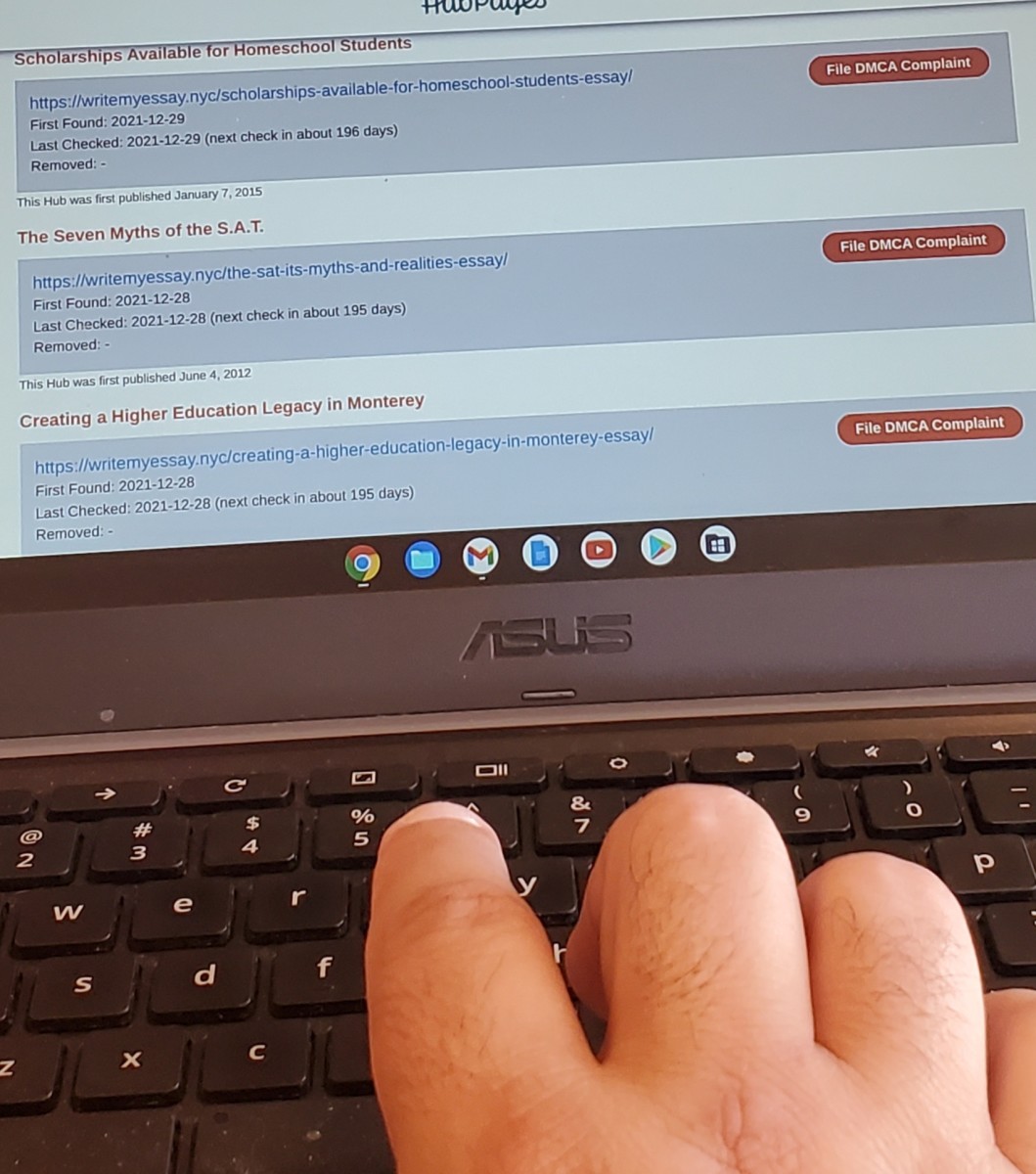The doctrine of Fair Use: An overview

The funny thing about rights is that they may affect other rights. For instance, the right to freedom of expression is no excuse for libel or slander.
With copyright law, authors, publishers, producers and inventors are just some of the personnel who benefit from having their rights enshrined by it.
However, there are limitations that pertain to copyright law as well. The most important limitation of copyrighting is the Fair-Use doctrine.
The Fair-Use doctrine was initially more of a convention than it is law, since it is based on precedents and previous decisions made in Civil Court. It permits uses of copyrighted work based on principles derived from judicial precedents and decisions. The Fair-Use doctrine facilitates use of copyrighted work, but it also protects copyrighted material by clearly distinguishing what is fair from what isn’t.
The set of principles associated with Fair Use applies to both intangible and tangible work – anything from printed work to software. Fair Use was eventually written into copyright law in the United States, under Section 107. This outlines what fair use is and what elements determine it. Four principles, outlined by the U.S. Copyright Office, are most important in establishing whether use of copyrighted material is fair or unfair.
i) The characteristics of the use – its purpose and nature
ii) The nature of the copyrighted material
iii) How much of the work is used or how substantial the use of the work is
iv) The market consequences of the use of the work
The purpose and nature of use pertains to the use of the work for commercial reasons as opposed to non-profit educational use or private use. The last point refers to the impact on the market. In other words, how does it affect the actual or potential earning capability of the material used?
In judging cases of possible copyright infringement, all four principles come into play. However, there are exceptions to the rule with all the principles. For example, just because use of copyrighted work is commercial does not automatically render the use unfair.
For example, in a 1992 case, the decision was that reverse-engineering was permissible since it was used for research and developments and not to develop copies of a game. Instead it was used to create new material, which the law permits.
In her book, The Gift of Fire, Sara Baase suggested that factual work does not have as much protection as creative material does. She also noted that the effect of use on the actual and potential earnings or marketability of works may carry more weight in judgements.
In the widely-covered Napster case, Napster actually had the other bases covered. However, the judgement went against them because the widespread use of Napster affected the selling capacity of the music industry. Clearly, Napster’s argument that it was helping the music industry did not impress the judges.
Copyright law welcomes the use of copyrighted works for educational purposes, news reporting, and for critiquing. It also welcomes the private use of works – for instance, downloading a YouTube video to listen to it privately.
Even with applications of the Fair Use principles, there are some cases that are very difficult to predict. The Fair Use doctrine merely offers guidelines. In cases where the fairness of the use is doubtful, it is best to seek permission from the relevant copyright owners. If that is not possible, soliciting legal advice, in cases where liability would be an issue, is even better.








